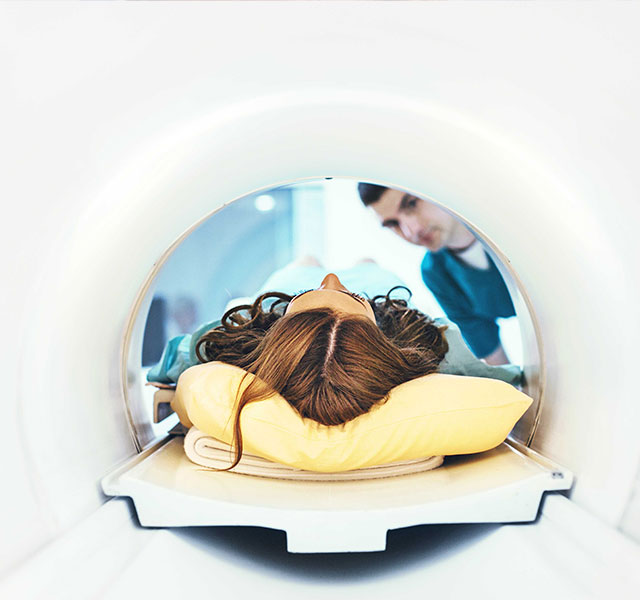In the medical world, some conditions are harder to spot and explain than others. Such is the case with brain tumors.
To date, little is known about what causes certain brain tumors to form. Nor do we fully understand why certain risk factors such as age increase a person’s chance of developing one.
Regardless of how or when a tumor forms, they represent a dangerous health issue for anyone who gets them.
“There’s no more serious diagnosis in all of human medicine than a brain tumor because it not only is a medical issue that has to be treated, but it actually affects the psyche, the soul of the entire personhood of a human being,” says Henry Ford neurosurgeon Steven Kalkanis, M.D.
Currently, there is no known way to reduce your risk of developing a brain tumor, but it is possible to remain alert and spot symptoms before a brain tumor becomes more severe.
Below, Dr. Kalkanis outlines five of the most common signs that indicate a brain tumor may be present.
- Headaches that get worse. Everyone gets headaches from time to time, but if the pain in your head increases in frequency or intensity over time, it could be a sign of elevated pressure inside the skull, which could mean something is growing inside the brain. Headaches that lead to vomiting or seizure could also indicate a serious medical issue, but it’s important to remember that the vast majority of headaches DO NOT indicate the presence of a tumor.
- Weakness, numbness, tingling or balance problems. Like headaches, many people experience episodes of weakness, numbness, or tingling. Ninety-nine percent of the time, Dr. Kalkanis says, those sensations are not indicative of a brain tumor. The problem arises if episodes become worse. A tumor in the brain might make it difficult to consistently accomplish simple movements like walking or holding certain objects in your hand. And depending on where the tumor is present, a brain tumor might also cause numbness in one side of the body or one limb.
- Vision changes. Blurry vision, double vision and extreme sensitivity to light can all be signs of a tumor. Partial or complete loss of vision is caused by a tumor in the occipital lobe or temporal lobe of the cerebrum.
- Seizures. Seizures can happen at random without any specific trigger. If someone is having a seizure, stay with them and allow the seizure to pass. Make sure they’re still breathing and don’t put anything in their mouth.
- Disorientation or personality changes. When a tumor is present, your brain can’t function properly, which may lead to noticeable changes in a person’s demeanor. A calm person may start behaving more aggressively. Others may get confused about where they are or who they’re with.
Though brain tumors may appear relatively frequently in the news, it’s important to remember that they’re a rare condition. Bottom line: By and large, brain tumors are not an issue that most people will encounter throughout their lives. Nonetheless, knowing the signs can be helpful in getting the right care at the right time.
To learn more about brain tumors and how they’re treated, visit henryford.com/services/brain-tumors
Dr. Steven N. Kalkanis is a neurosurgeon with Henry Ford Health. He serves as chair of the Henry Ford Department of Neurosurgery, CEO of the Henry Ford Medical Group and Senior Vice President and Chief Academic Officer of Henry Ford Health.



